when should i fertilize (confused) rhododendrons?
gammaray
18 years ago
Related Stories

GARDENING GUIDESGet on a Composting Kick (Hello, Free Fertilizer!)
Quit shelling out for pricey substitutes that aren’t even as good. Here’s how to give your soil the best while lightening your trash load
Full Story
GARDENING GUIDESHow to Keep Your Citrus Trees Well Fed and Healthy
Ripe for some citrus fertilizer know-how? This mini guide will help your lemon, orange and grapefruit trees flourish
Full Story
GARDENING GUIDESHow to Switch to an Organic Landscape Plan
Ditch the chemicals for a naturally beautiful lawn and garden, using living fertilizers and other nontoxic treatments
Full Story
GARDENING FOR BUTTERFLIESGardening for the Bees, and Why It’s a Good Thing
When you discover how hard bees work for our food supply, you may never garden without them in mind again
Full Story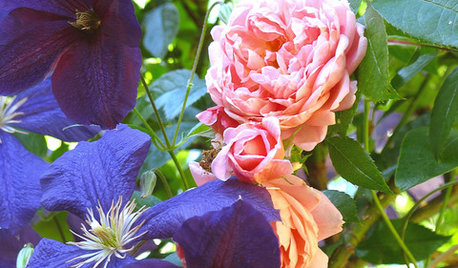
PLANTING IDEASGreat Garden Combo: Rose + Clematis for Small-Space Impact
We all need somebody to lean on. And when a rose supports a climbing vine, the results can totally transform a small garden
Full Story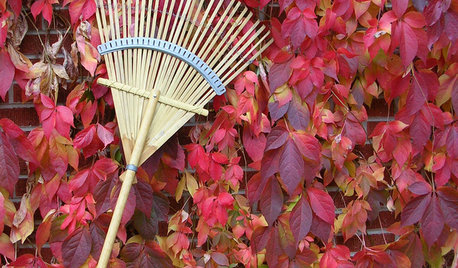
GARDENING GUIDESYour November Garden Checklist
What to do around the U.S. this month to help your garden thrive — when you're not admiring fall's brilliant colors, that is
Full Story
HOUSEPLANTS8 Essentials for Healthy Indoor Plants
Houseplants add so much to our homes — and can thrive when grown in the right conditions. Keep these tips in mind
Full Story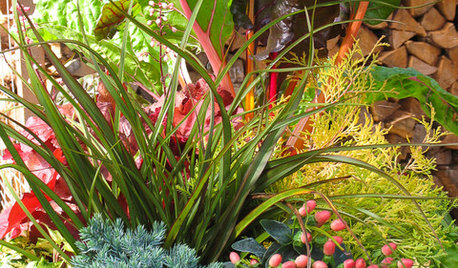
PLANTING IDEASStretch the Budget, Seasons and Style: Add Conifers to Your Containers
Small, low-maintenance conifers are a boon for mixed containers — and you can transplant them to your garden when they’ve outgrown the pot
Full Story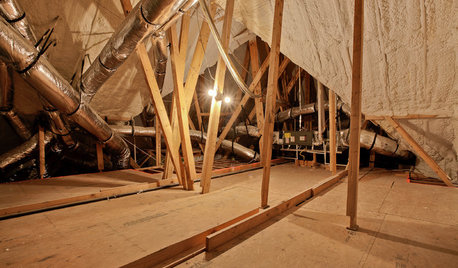
GREEN BUILDINGEcofriendly Cool: Insulate With Wool, Cork, Old Denim and More
Learn about the pros and cons of healthier alternatives to fiberglass and foam, and when to consider an insulation switch
Full Story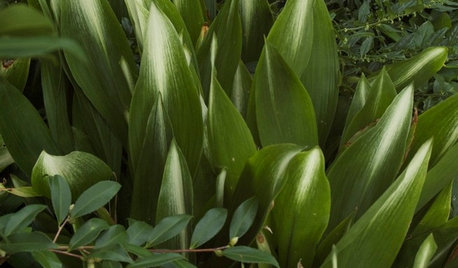
LANDSCAPE DESIGN7 Evergreen Wonders of the Plant World
Year-round interest, structure and beautiful color? These top-notch evergreens have gardens covered
Full Story





harryshoe zone6 eastern Pennsylvania
luis_pr
Related Professionals
Danbury Landscape Architects & Landscape Designers · Saint Louis Park Landscape Architects & Landscape Designers · Walnut Landscape Architects & Landscape Designers · Maple Valley Landscape Contractors · Brockton Landscape Contractors · Conroe Landscape Contractors · Hurricane Landscape Contractors · La Verne Landscape Contractors · Marlborough Landscape Contractors · Miller Place Landscape Contractors · Northbridge Landscape Contractors · Point Pleasant Landscape Contractors · University City Landscape Contractors · Whitehall Landscape Contractors · Casselberry Landscape Contractors